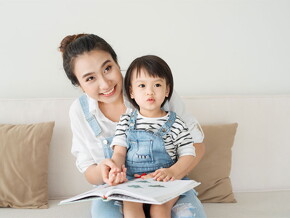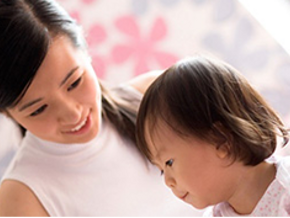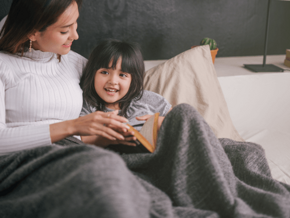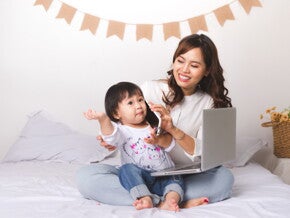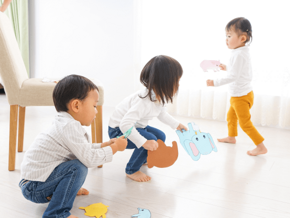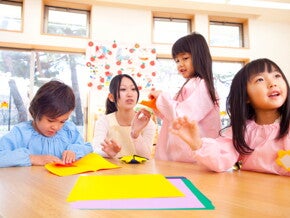
Child Screen Time – When to Switch off
Research shows that free play and engaging with you is essential for your child’s speech, sleep, creativity, and brain growth. At a time when we’re surrounded by smartphones, tablets, and kiddie TV channels, it’s important to switch off and interact.
"Unplugged" play.
Research shows that free play and engaging with you is essential for your child's speech, sleep, creativity, and brain growth. At a time when we're surrounded by smartphones, tablets, and kiddie TV channels, it's important to switch off and interact.
What is unplugged play?
More valuable for your child's developing brain than screens,
unplugged play helps your child's mind grow and her language develop.

Active playtime
Lay some toys out on the floor and let your little one explore in a safe space. Watch her brain at work as she tries to create - by building blocks or trying to fit shapes together.
Reading together
You don't have to read all the words. Talk about what you can see in the pictures, too. This interaction between the two of you, along with hearing the words, helps with her language development.

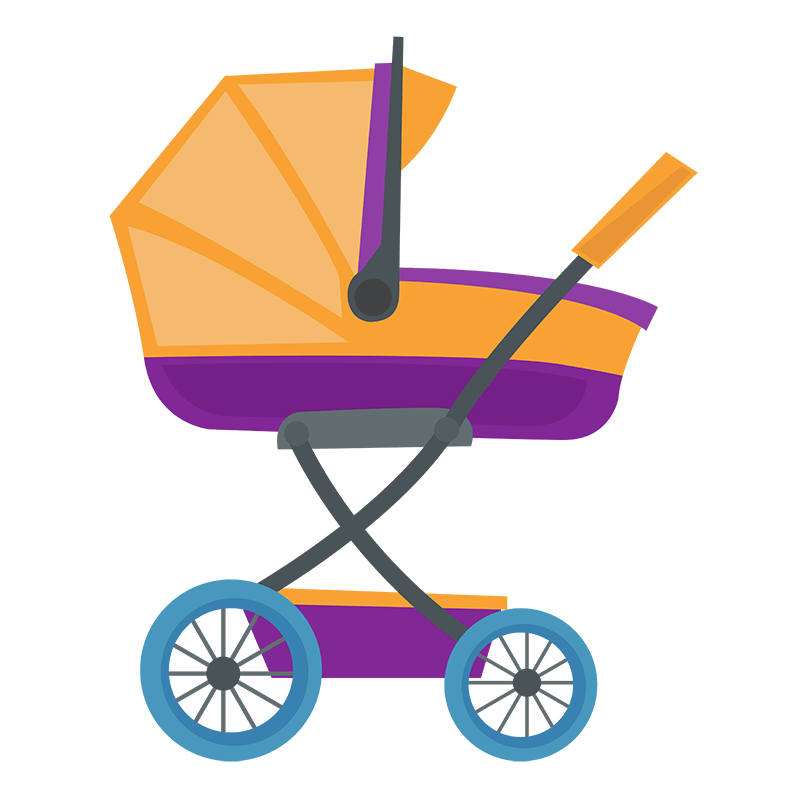
A walk through the park
Name and point out things along the way. This not only starts a healthy habit of activity together, it also gives her a chance to explore the outdoors and learn the names of everything she sees!
Why do children need unplugged play?
Your child needs time to play by herself, and also to interact with you (or other adults), to develop her imagination, creativity, and language.

Switching screens off and enjoying unplugged play gives your child more time to:
- Hear adult words as she listens to conversations going on around her.
- Make and listen to her own sounds, cooing, and gurgling.
- Take part in "conversations" with you.
The more time your child spends playing with traditional toys or books rather than electronic toys, the more chance she has to hear words from her parents and enjoy two-way communication.
How can you help your child?
Spend time playing with her, reading together, or interacting socially. It's important not to let screen time take the place of your child having quality playtime with you.
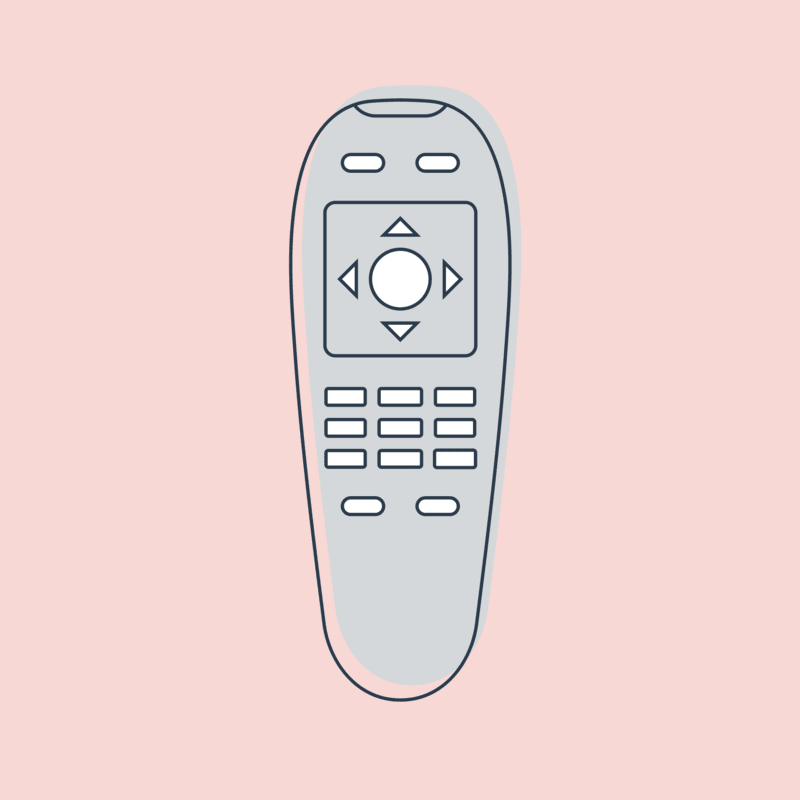
9out of 10 parents report that their children under the age of two watch some type of electronic media. If this sounds like you, think about how you can add more 'unplugged' play into your child's daily routine.
You are your child's role model so, as well as not letting your child have screen time, limit your own usage. Keep bedrooms, mealtimes, and playtimes with your child screen-free for both of you.

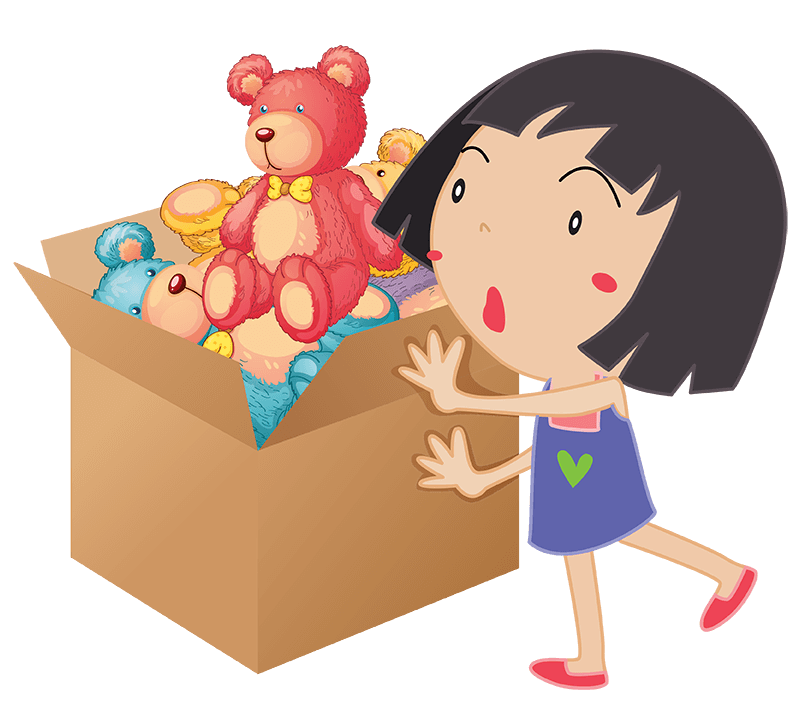
Enjoy more unplugged play! Not only does it help your child's brain and language development, but it’s also fun and strengthens your special bond. Your little one won't stay a child forever so cherish these moments. Stuck for ideas for games to play? Check our Your 8–10-month-old child's activity planner.
Sources
- Christakis DA. The effects of infant media usage: what do we know and what should we learn? Acta Paediatr 2009; 98(1):8-16.
- Sosa AV. Association of the type of toy used during play with the quantity and quality of parent-infant communication. JAMA Pediatr. 2016; 170(2):132-7.
- Zimmerman FJ, Christakis DA, Meltzoff AN. Television and DVD/video viewing in children younger than 2 years. Arch Pediatr Adolesc Med 2007; 161(5):473-9.
Last revised: November, 2017








